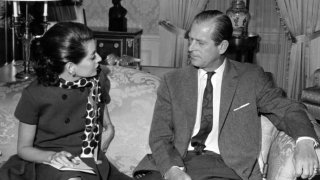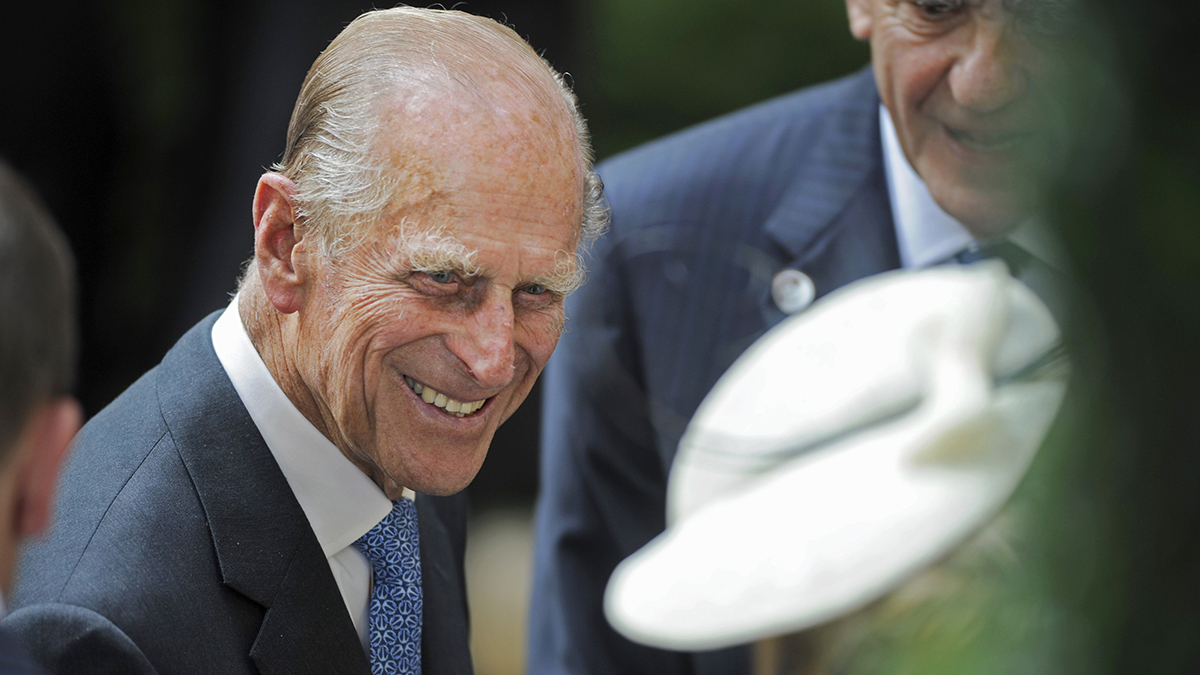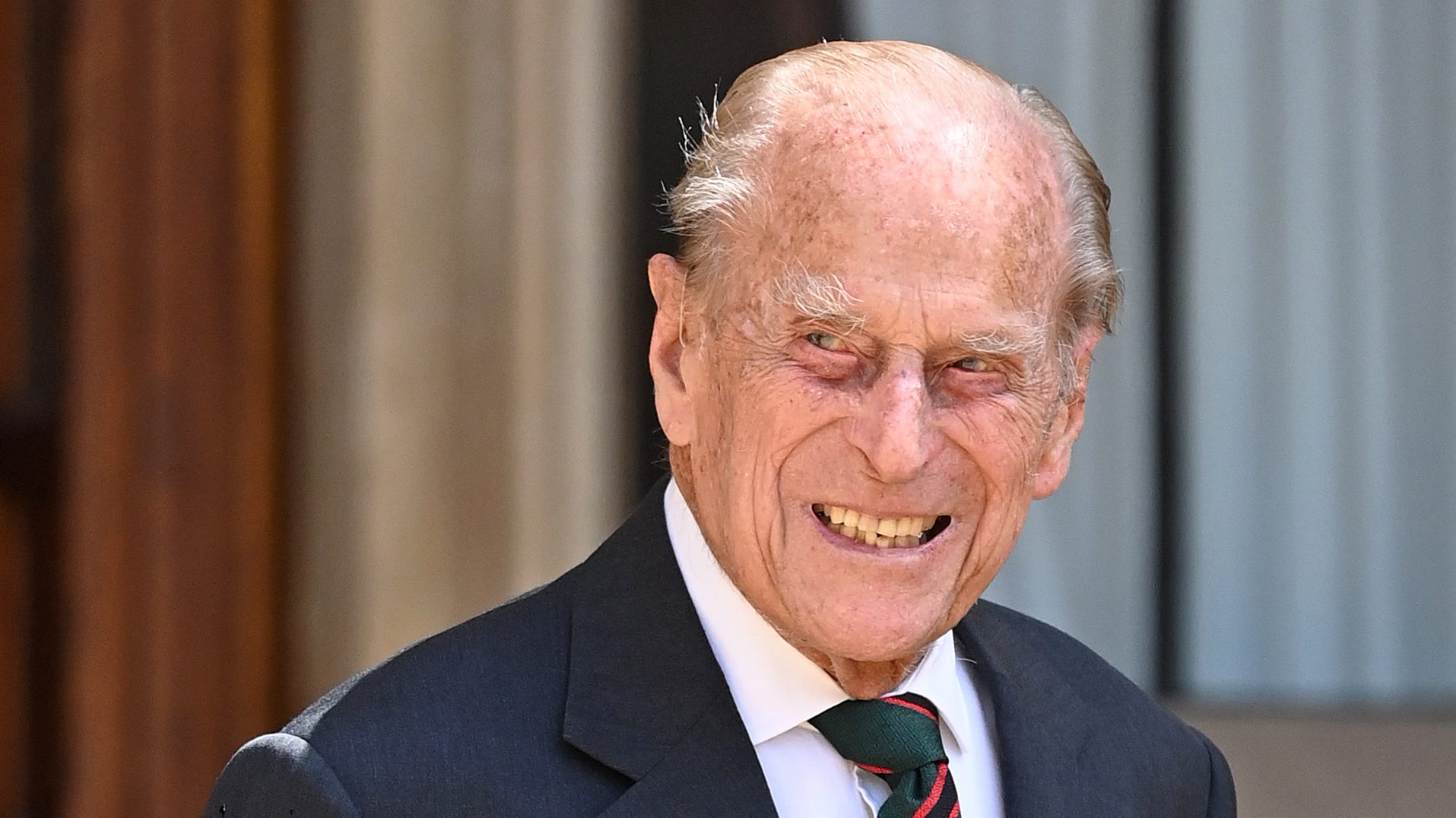
Prince Philip shared a rare glimpse behind the curtain of the British monarchy on TODAY back in 1969 when he opened up to Barbara Walters about living in the shadow of Queen Elizabeth II and the future of the royal family.
The Duke of Edinburgh was 22 years into a tenure that made him the longest-serving consort in British history before his death at 99 on Friday.
Walters, who began her famed career as one of television's top interviewers on TODAY in the 1960s, asked Philip what it was like being one of the rare prince consorts in British royal history after his 1947 marriage to Queen Elizabeth.
Get Boston local news, weather forecasts, lifestyle and entertainment stories to your inbox. Sign up for NBC Boston’s newsletters.
"It was difficult, yes," he said. "That I really don't know. There were a lot of problems. Inevitably it's an awkward situation to be in."
He often commiserated with the late Prince Bernhard of the Netherlands, who was the consort to Queen Juliana of the Netherlands. The Dutch royals were married for 67 years before they both died in their 90s in 2004. Philip and Elizabeth were married for 73 years.
"There's really one other person really like me," he told Walters. "And that's Prince Bernhard of the Netherlands, and so we occasionally discussed. He's the only other member of the union, so to speak."
By that time in 1969, Philip had settled into his role out of the spotlight behind Elizabeth.
"You get used to anything," he said. "You'd be surprised."
Rumors persisted at the time about whether Elizabeth would abdicate her throne at some point in the near future to allow the ascension of their oldest son, Prince Charles, because of what Walters said were "fears that his royal highness might be a very old man when he came to the throne."
"As far as I know it's a rumor," Philip said. "It has its attractions. But no, I don't think it's been thought of very seriously. And in fact I'm not sure the advantages necessarily outweigh the disadvantages, so to speak, for this course.
"The idea that he would only be capable of making any contribution if he was sovereign is really not true. There have been so many cases where the heir has in fact had a very particular ability to do things that you wouldn't have otherwise. But who knows, it's all in the future, anything may happen."
Charles is now 72 and still remains in line to succeed his mother.
Showing that some questions are evergreen to this day, Philip was asked if the British monarchy was still a relevant institution or an anachronism in a modern democracy.
"I think it's a perfectly valid system for producing a head of state, as a start," he said. "And not only that, it exists, and it has been very successful for a thousand years.
"It has the advantage that involves a whole family, which means that there are different age groups (that) are part of it. It isn't one, single, middle-aged man, no matter how worthy he may be."
More British Royal Family Coverage:
Walters cited a poll of British citizens that found if England had an American-style democracy with a president, Philip would've been the one they elected. He demurred about what it would've been like to have had a political career, saying he doesn't answer hypothetical questions.
"I'm not a politician and this system doesn't exist, so it's hardly worth worrying about," he said.
This story first appeared on TODAY.com. More from TODAY:



